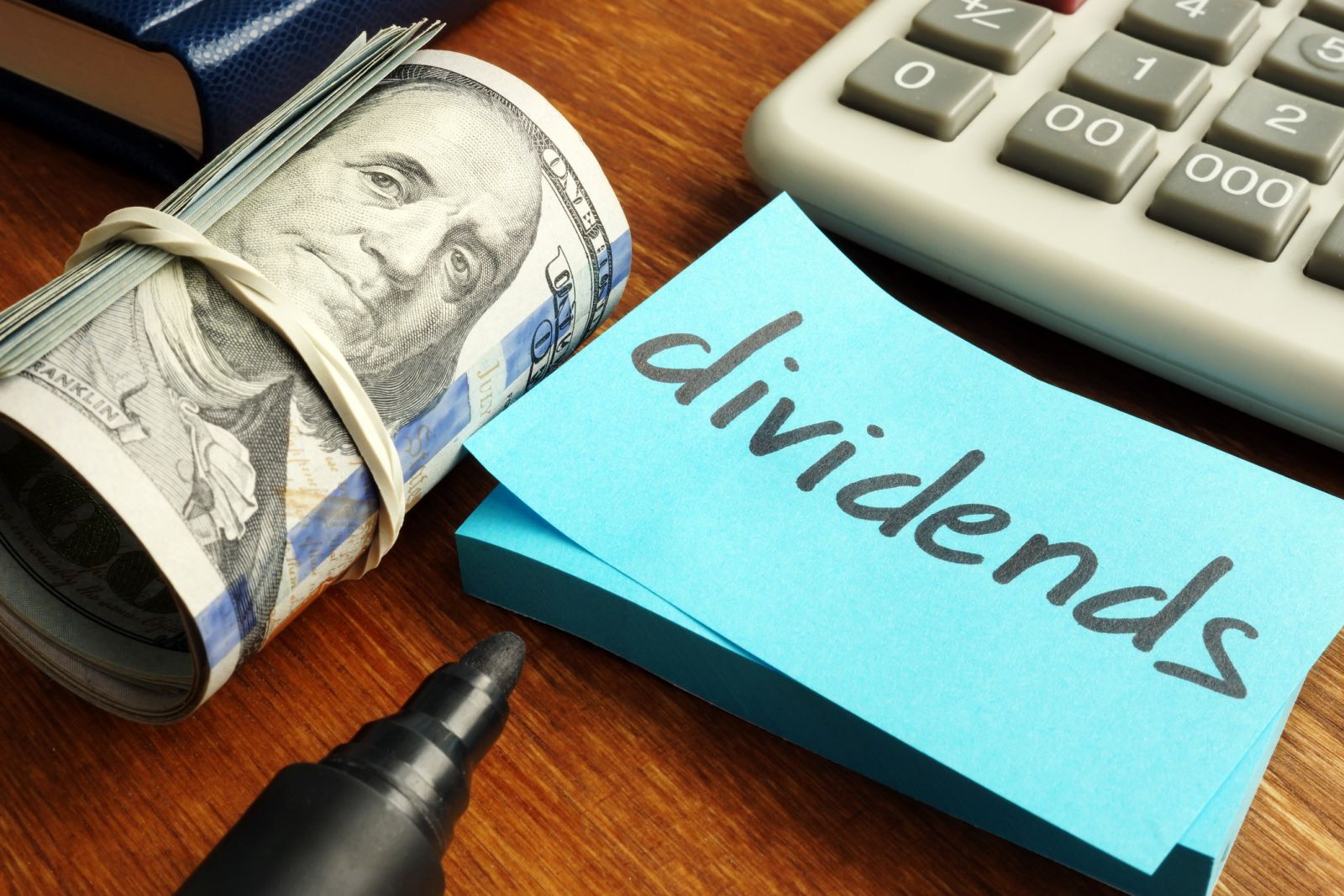
Image source: Getty Images
Checking your credit score regularly is important. Your credit score is a key financial metric that lenders look at when determining if they should give you a loan. Other people use your credit score to determine if you're going to be reliable and responsible as well, including landlords and utility companies and even your car insurer.
But while you want to keep regular tabs on your score, doing so is not enough to fight identity theft. In addition to looking at your credit score, you'll also want to take a close look at your credit report as well.
Why is checking your credit report so important?
Checking your credit report, along with your score, is very important because you can spot early signs of identity theft and take action before big problems start.
When you check your credit report, you get a lot of information that isn't necessarily reflected perfectly in your credit score immediately. For example, you will be able to see:
- Whether there are any unfamiliar addresses on your report: This could be an indicator that someone has obtained your personal information and used a different address to apply for credit or to redirect the bills on a personal loan they took out unlawfully in your name.
- Whether there are any inquiries you do not recognize on your credit report: When you apply for credit, an inquiry is put on your credit history and it stays there for two years. If there are inquiries on your report that you do not recognize, this is a major indicator of identity theft because it means someone is using your information to apply for credit.
- Whether there are unfamiliar names on your credit record: If someone used your Social Security number to apply for credit but didn't spell your name perfectly, this could also show up as an alternative name on your credit history. This is also a red flag that something has gone wrong.
- Whether there are judgments against you: If credit was taken out in your name and the bills weren't paid, creditors may have initiated a legal effort to collect. This will show up on your credit record.
By spotting these major red flags, you can be made aware as quickly as possible that identity theft has occurred.
What to do if you spot signs of identity theft
If you identify information on your credit report that is a cause for concern, there are a few key steps you'll want to take to protect yourself.
First and foremost, it's a good idea to freeze your credit. You can do this by contacting each of the three major credit reporting agencies (Equifax, Experian, and TransUnion). By freezing your credit, you make it impossible for anyone to open credit in your name without a special pin code that is available only to you.
If there are accounts on your credit history you don't recognize, you'll also want to dispute the information on your credit record and report the identity theft to the police as well as to the FTC.
By taking these steps, you can mitigate the damage that can come with identity theft and avoid financial loss. Acting quickly makes responding to identity theft much easier, so check your credit report regularly at AnnualCreditReport.com to make sure you spot problems right away.
Alert: highest cash back card we've seen now has 0% intro APR until nearly 2024
If you're using the wrong credit or debit card, it could be costing you serious money. Our expert loves this top pick, which features a 0% intro APR until nearly 2024, an insane cash back rate of up to 5%, and all somehow for no annual fee.
In fact, this card is so good that our expert even uses it personally. Click here to read our full review for free and apply in just 2 minutes.
We're firm believers in the Golden Rule, which is why editorial opinions are ours alone and have not been previously reviewed, approved, or endorsed by included advertisers. The Ascent does not cover all offers on the market. Editorial content from The Ascent is separate from The Motley Fool editorial content and is created by a different analyst team.The Motley Fool has a disclosure policy.


/AI%20(artificial%20intelligence)/AI%20microchip%20by%20DesignKingBD360%20via%20Shutterstock.jpg)
/2d%20illustration%20of%20Cloud%20computing%20by%20Blackboard%20via%20Shutterstock.jpg)
/Nvidia%20logo%20and%20sign%20on%20headquarters%20by%20Michael%20Vi%20via%20Shutterstock.jpg)
